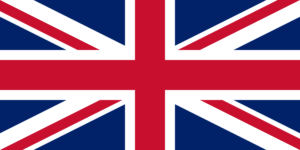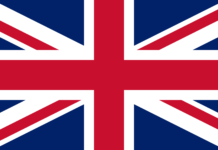Protests in Romania against judicial changes
Thousands of Romanians protested in freezing weather across the country on Sunday against attempts by the ruling Social Democrats to overhaul the judiciary, which critics said would threaten the rule of law. In Bucharest, an estimated 4,000 protesters marched from government headquarters to parliament, where lawmakers will begin debating changes on Monday to the criminal code. Protesters in the capital on December 17 yelled „Thieves!”, „Step down!”, and „We want justice, not corruption!” as they marched from the government headquarters to parliament. Opponents have taken to the streets since the start of the year to protest the laws which were approved last week by the parliament’s lower house. The senate is expected to approve the bills later during the week. The European Commission, the US State Department, the country’s center-right President Klaus Iohannis and thousands of magistrates have criticised the changes to judicial legislation, saying they could derail the rule of law.
Similar protests were reported in the central town of Braşov, Transylvanian town of Cluj-Napoca, north-eastern town of Iassy and Timişoara, in western Romania.
More than 50 judges in the Romanian eastern town of Galaţi took to the streets on Monday in similar protests aganist the judicial changes. In front of the Justice Palace in the city, they yelled „We don’t want to be a nation of thieves!” and „Hands-off the justice!”
National Minorities’ Day in Romania
Romania is celebrating its National Minorities’ Day on December 18. A law on the issue was passed by Parliament’s lower house in October and then by the Senate last month.
Romania’s national minorities cover more than 10 percent of its population and include Hungarians (with more than 6 percent of the population, mainly in the central Romanian counties of Harghita, Covasna, and Mureş but also in other towns and cities in north-western Romania), Roma (more than 2 million, according to some sources), a declining German minority (mainly around the central cities of Braşov and Sibiu), Serbs, Ukrainians and Russians, Armenians, Poles, Greeks, Turks (mainly Tatars), Italians and Jews (some 3,000, according to figures in 2011). A National Minorities’ Festival following an initiative of the Union of Armenians is underway in the Romanian northern town of Botoşani where some of the country’s national minorities express their identity through dancing, singing and traditions.
Romania’s bloody revolution remembered in Timişoara
Events in the Romanian western city of Timişoara on Monday are marking the start of the country’s revolution in 1989 when the Communist ruler Nicolae Ceauşescu was overthrown and then executed by a firing squad on December 25. A week of terror was about to begin – a week with a death toll that might turn out to be higher than that from the uprising itself. While it now seems likely that the numbers of dead here were nowhere near the 4,500 initially reported, Timişoara’s death toll for the entire period would probably number in the hundreds. In nowadays Timişoara, school children and teachers are expected to start a march from the town’s City Hall to monuments raised in the memory of those who died in the early days of the revolution.
Alexandru Danga, RADOR








